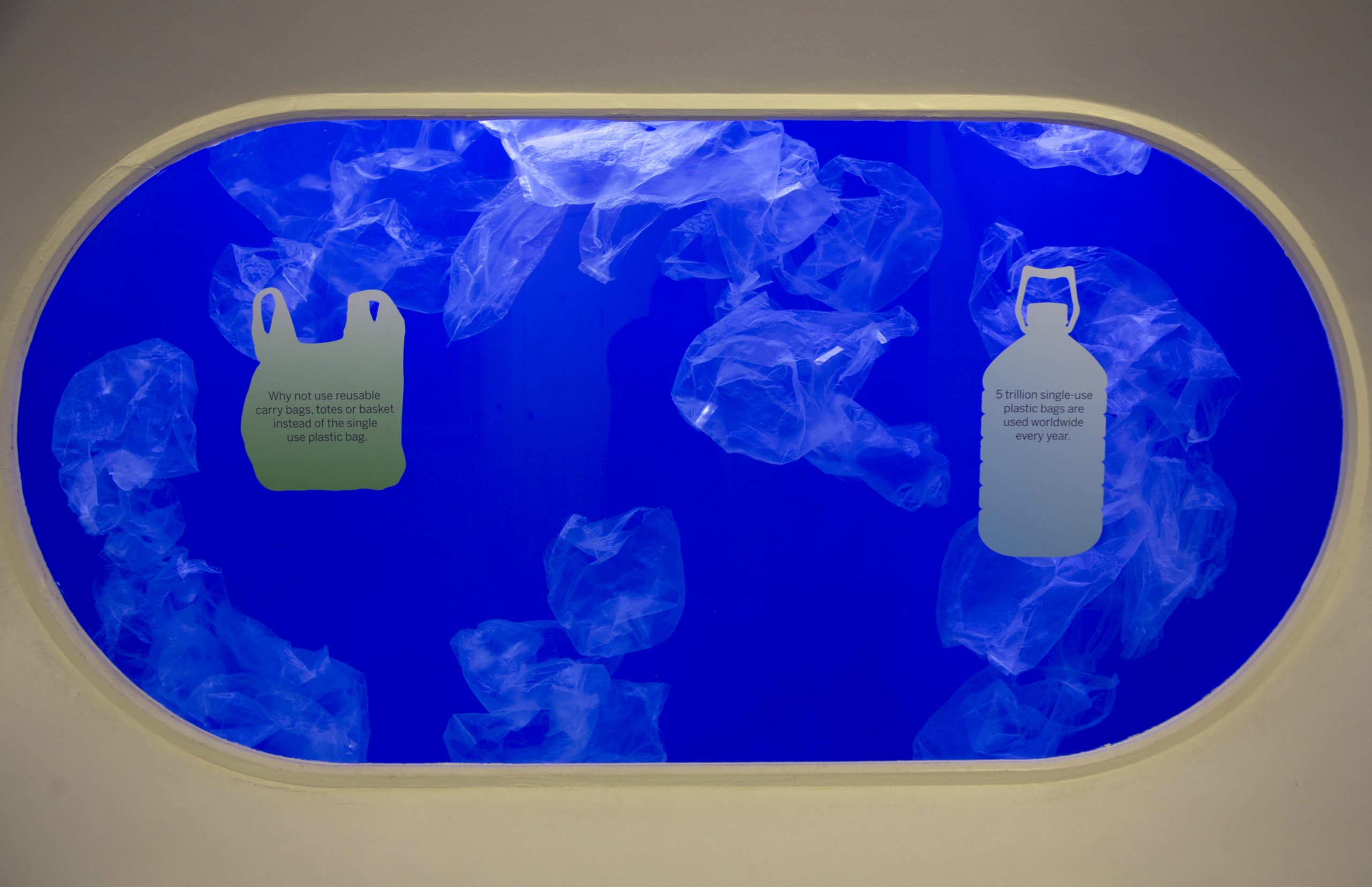Nick Merriman, Chief Executive and Director at the Horniman Museum and Gardens
The Horniman is a museum of global cultures and environments with 16.5 acres of gardens overlooking central London, with an aquarium, butterfly house, animal walk and nature trail. We are therefore well placed to examine interconnecting issues of nature and culture.
We know that the parents, grandparents and carers who bring our predominantly family audience are very worried about the future that their children will be growing up in. They want to do something about the climate and ecological crisis, but feel powerless.
“Our predominantly family audience are very worried about the future that their children will be growing up in. They want to do something about the climate and ecological crisis, but feel powerless.”
Our founder, tea merchant Frederick Horniman, was raised a Quaker and wanted to ‘bring the world to Forest Hill’. We have taken inspiration from his ethical outlook to put the planetary emergency at the centre of what we do. There has been consensus that the COVID-19 pandemic is also a product of humanity’s poor stewardship of the planet, so this work has become even more vital.
Our starting point was to change our fundamental mission to:
The Horniman connects us all with global cultures and the natural environment, encouraging us to shape a positive future for the world we all share.
We declared a climate and ecological emergency in July last year, and at the end of January this year we launched our Climate and Ecology Manifesto, which consists of a series of principles and practical actions.
Since lockdown, of course, we have experienced huge reductions in energy consumption and pollution, and the environment has improved. The challenge as we return to work will be to ensure we don’t slip back to previous levels.
Spearheading much of our work will be our newly-appointed Climate and Ecology Action Co-ordinator, supported by our renamed Climate and Ecology Action Group. As an organisation, we’re encouraging our staff to take actions in a personal capacity – for example by using our cycle to work scheme and introducing lunchtime sessions on living sustainably. We’re switching to green energy, and moving away from single use plastics through the use of compostable serveware and canned water in our cafe. We compost 97% of our garden waste on site, and we reuse nearly 187,000 litres of aquarium water for irrigating the grounds.
While it’s important that we get our own house in order, we can have a bigger impact by engaging with our 900,000 annual visitors. For example, last year, plastic debris was put in our Aquarium tanks to highlight the problem and we hosted a series of interventions by artist Claire Morgan on the same theme.
“People are turned off by the enormity of climate and ecological issues. One of the ways of overcoming this is to appeal to people’s love of family, particularly the next generation.”
We’ve placed the emergency at the heart of our plan for the next ten years. This includes ‘Nature and Love’, a project to redevelop our Natural History Gallery, open a centre for sustainable living and develop a nature-themed activity area to improve access to our Nature Trail. It draws on research showing that people are turned off by the enormity of climate and ecological issues. One of the ways of overcoming this is to appeal to people’s love of family, particularly the next generation.
Given that the word most often associated with the Horniman is ‘love’, (as in ‘I love the Horniman’,) then this is a powerful call to action. A key element of this is an Environmental Champions group of families who will commit to undertaking actions and supporting each other to do these. We should be empowering our visitors to be active citizens and not passive consumers.
I am leading a working group of the National Museum Directors’ Council on the climate and ecological emergency, to see what we might do to share practice and use our collective power to achieve change. Above all, I feel that as institutions of the long-term, museums have a moral and ethical duty to speak out about the climate and ecological emergency. We need to work collaboratively, and speedily.

